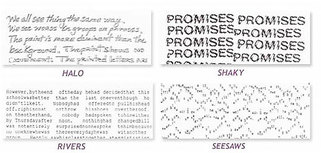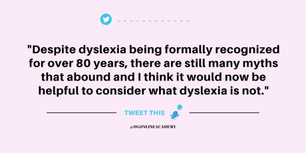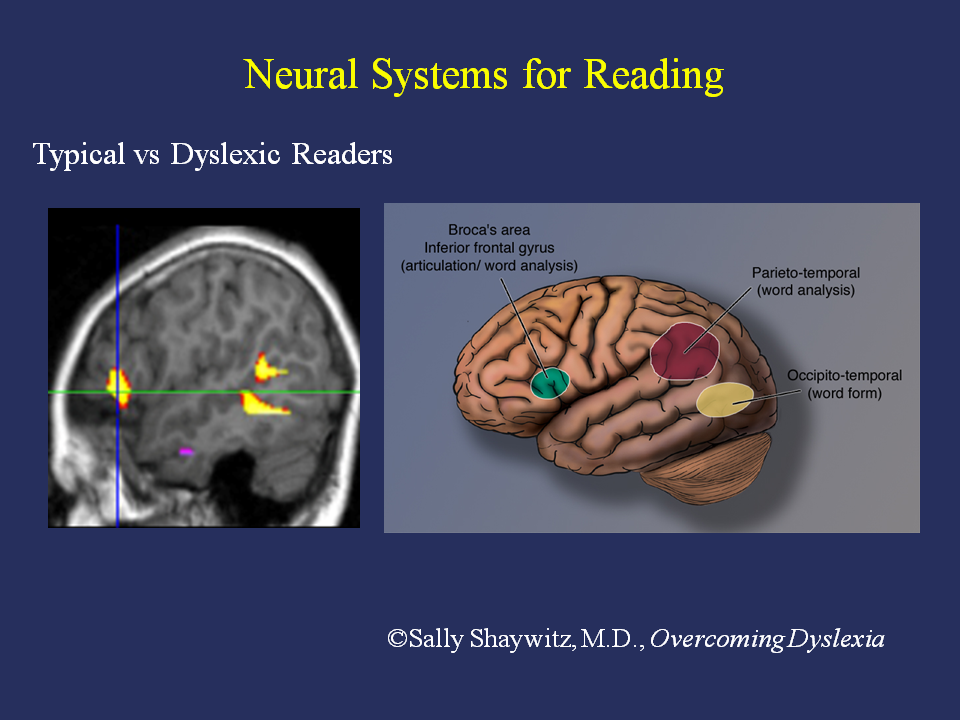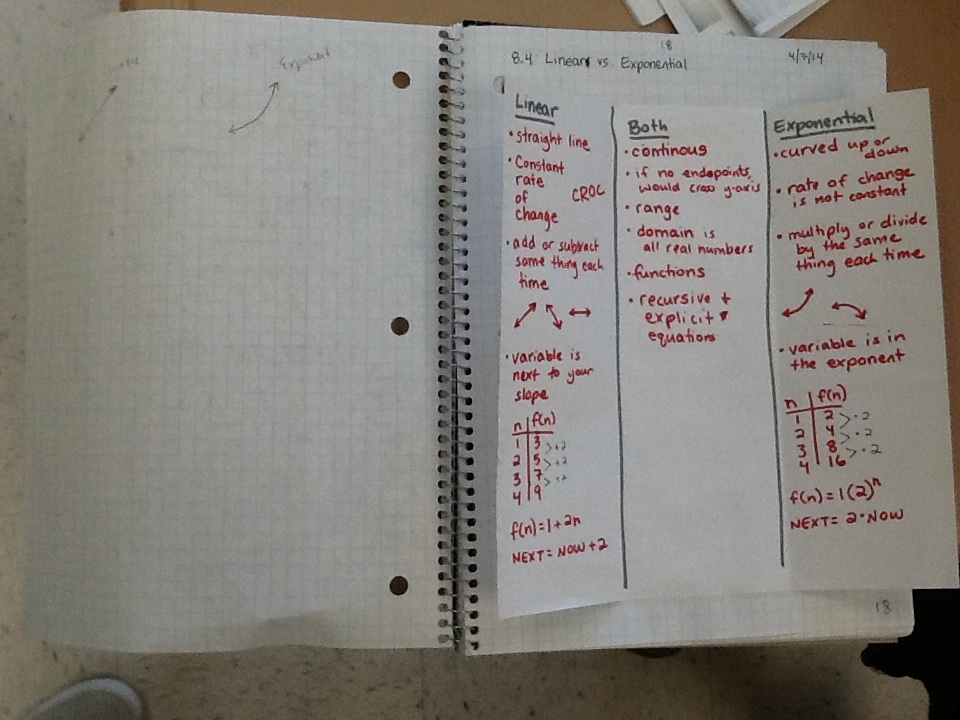Session 1: Differences in Reading
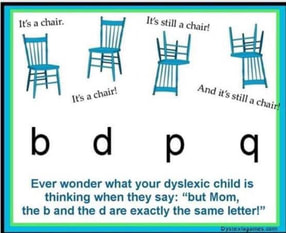
“Reading for the non-bibliophile is not a bucolic intellectual romp. For struggling and reluctant readers, it feels progressively more and more like quicksand.”
Jason Singer~CEO of Curriculet
Outcomes:
I can:
I can:
- reflect on the experience of having dyslexia using literacy strategies.
- create a Toolkit of information and strategies for teaching students with dyslexia.
- generate possible strategies to support students with reading differences.
- describe connection between dyslexia and behaviors.
- choose appropriate instructional strategies for students based on my new knowledge of the nature of dyslexia.
Agenda:
- Decoding Simulation and Foldable
- Tracking Simulation
- Forest--Trees--Leaves Reading Strategy with "Understanding Dyslexia"
- Digital Tools that Support
Critical Tech Tools
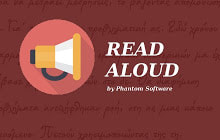
Google Chrome extension that will read any webpage text.
|
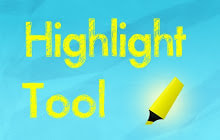
Amazing tool you will wish you had in college! Makes annotating, categorizing, and extracting information in a text a snap!
|
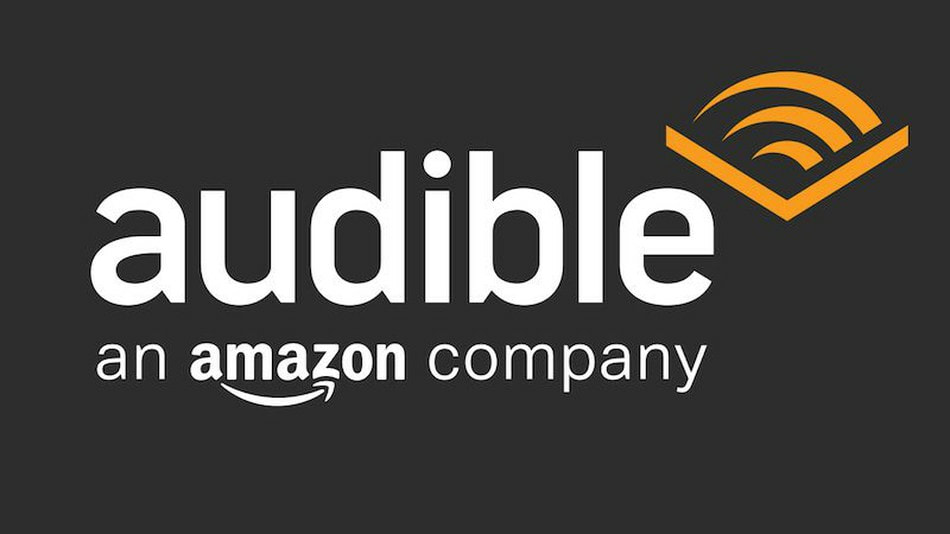
|
articles & Readings
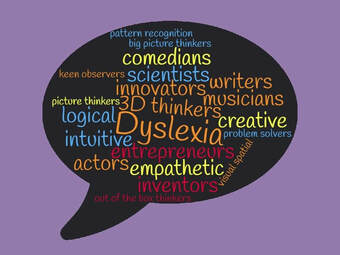
"9 Strengths of Dyslexia"
Nessy Great article reminding us to look at the amazing things a dyslexic brain can do. 
7 Common Myths About Dyslexia
by Amanda Morin, Understood.org |

Is Listening to a Book "Cheating?"
By Valarie Strauss "Dyslexia and Co-occurring Difficulties: Overview"
Dyslexia Doesn't Just Affect Reading. Check out British Dyslexia Association's article on the non-reading impacts of dyslexia. 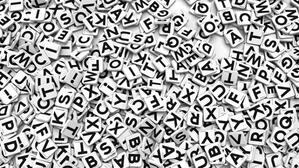
|
Learning Disabilities Checklist from the
National Center for Learning Disabilities
Important from the NCLD site regarding this checklist:
The following checklist is designed as a helpful guide and not as a tool to pinpoint specific learning differences. The more characteristics you check, the more likely that the individual described is at risk for (or shows signs of) learning differences. When filling out this form, think about the person's behavior over at least the past six months. And when you're done, don't wait to seek assistance from school personnel or other professionals.
National Center for Learning Disabilities
Important from the NCLD site regarding this checklist:
The following checklist is designed as a helpful guide and not as a tool to pinpoint specific learning differences. The more characteristics you check, the more likely that the individual described is at risk for (or shows signs of) learning differences. When filling out this form, think about the person's behavior over at least the past six months. And when you're done, don't wait to seek assistance from school personnel or other professionals.
Instructional Resources:
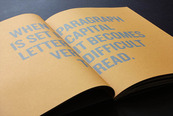
Dyslexia: National Center for Learning Disabilities
Fantastic, comprehensive information and resources on dyslexia and its implications for educators and parents. 
Adlit.org's strategy library - great resource and easy to use.
|

Amazing site that allows teachers and students to alter the lexile of current news articles. Also has progress-monitoring capabilities and can analyze student skills by literacy standard!

FREE Text to Speech tool!
iSpeech |
